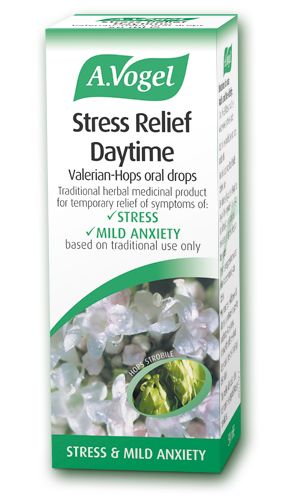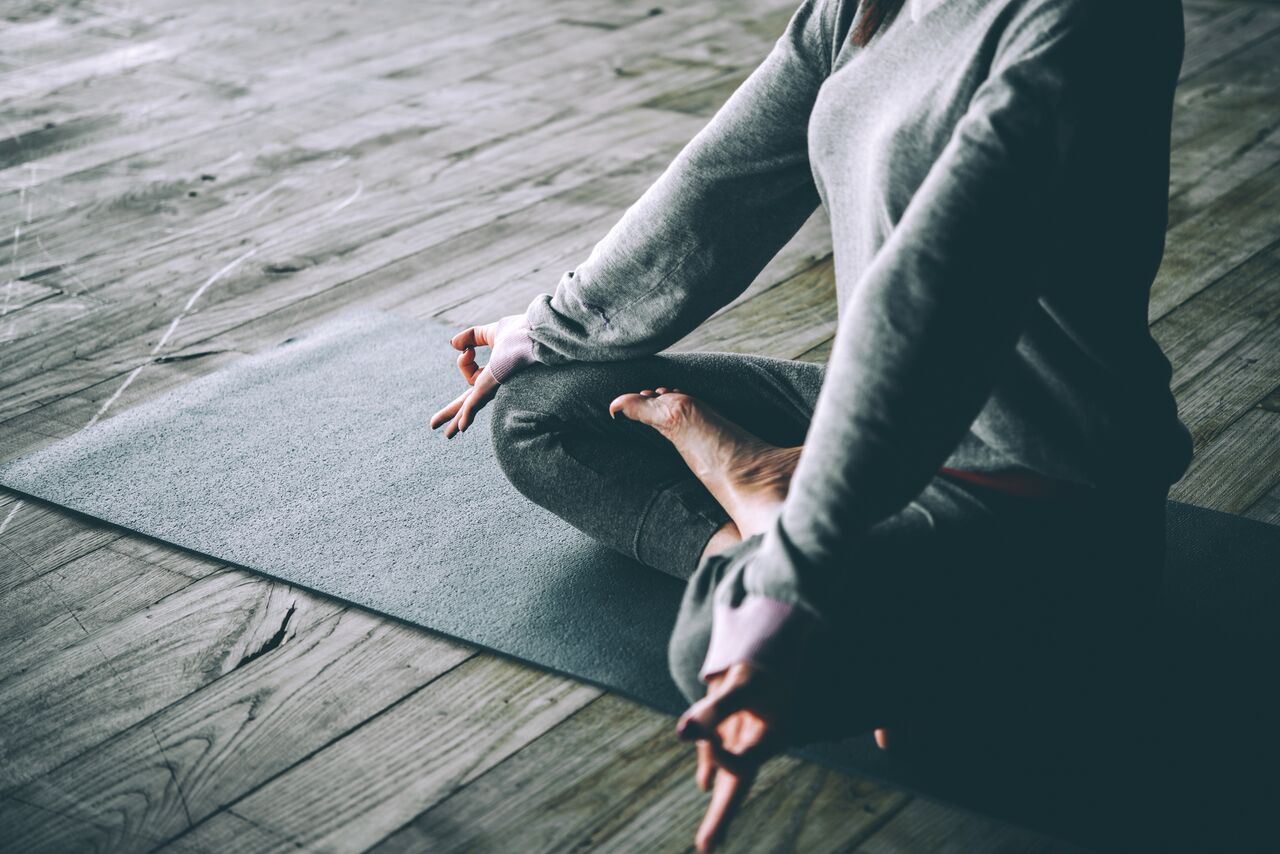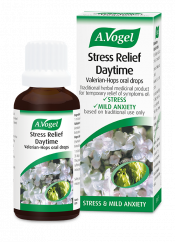Why do we get nervous?
Feelings of nervousness are caused by our fight or flight response. When we get nervous our body is preparing for fight or flight in response to a situation; in prehistoric times feeling nervous was part of your body’s natural survival skills.
Physiologically when we get nervous our sympathetic nervous system is activated, and this is responsible for our fight or flight response. As a result we can begin to get sweaty and our heart rate and blood pressure increases. Our adrenal glands release adrenaline and divert our stomach’s blood vessels away from their normal function – which is why we feel the characteristic butterflies in our stomach!1
Once the fight or flight response has been triggered it is very difficult to switch off again. This happens because as soon as you register the fact that you are feeling nervous, your brain receives a signal that there is some sort of threat and therefore continues to keep stimulating the fight or flight response until the threatening situation has passed.2
Although the fight or flight response is difficult to switch off again it can be possible! You can take steps towards easing feelings of nervousness; here are my top natural remedies to help soothe nerves.
6 natural ways to calm nerves
1) Cut down on caffeine
Caffeine is a stimulant, so when we are feeling nervous drinks like coffee increase our heart rate and can amplify our feelings of nervousness. When we take caffeine in the run up to something nerve wracking it can increase the speed of our speech as well, which is usually a tell-tale sign of nerves. If you know you are likely to feel nervous before a big event such as a job interview or group presentation, avoid drinking caffeine beforehand.

Instead, try swapping for a caffeine-free alternative; this can range from water, fruit juice or herbal teas. Chamomile tea is a nice caffeine-free alternative to regular tea (which contains 11mg of caffeine) because it contains chrysin, a flavonoid responsible for its relaxing properties. And for those coffee-lovers out there try our caffeine-free coffee substitute Bambu. It can be easily mixed with hot water or milk, or it can be made into a tasty latte or included in smoothies such as our cashew and banana recipe!
2) Exercise
The physical and mental health benefits of exercise are now widely known and backed up by research. It comes as no surprise that exercising regularly will help to alleviate nerves too. Exercise works to counteract stress, anxiety, and depression by producing endorphins, which are hormones released from the pituitary gland that help to relieve pain and induce feelings of pleasure and euphoria.3 If you know you have a big meeting, or interview that you are likely to feel nervous about, upping your exercise regime can help to clear your head of worries and soothe nerves. 
3) Herbal remedies
Herbal remedies, such as Stress Relief Daytime, can be used to help calm nerves. Stress Relief Daytime contains fresh extracts of valerian root and hops which help to reduce stress and anxiety. It can be used for as long as needed and doesn’t contain any of the side effects found in regular medication.
4) Epsom salts and essential oils
Epsom salts are found in natural springs in England and are used primarily for relaxing muscles and loosening stiff joints. It is thought that the water breaks the Epsom salts down into magnesium and sulphate and that these will be absorbed through the skin whilst taking an Epsom salt bath.4
Excess adrenaline, caused by feeling nervous and anxious, is believed to drain the body of magnesium, which is a natural stress reliever. Magnesium is an electrolyte necessary for the production of serotonin, which is a mood-boosting chemical created in the brain.5
Soaking in an Epsom salt bath can help to replenish lost magnesium and promote relaxation. Why not try adding in some essential oils like lavender and chamomile which also have a relaxing effect on the sensory system?
5) Breathing exercises
Deep breathing techniques can also help to alleviate nerves. When we breathe from the belly a message is sent to the brain encouraging it to relax, and this message is then sent to the rest of the body.6 This then results in more oxygen passing into the lungs and helps to regulate your heart rate and blood pressure.

6) Reinterpret nerves as a sign of excitement!
Research has found that reinterpreting nerves as a sign of excitement allows individuals to have a more open mindset as opposed to a threatened mindset. Saying positive phrases to yourself like ‘I am excited’ has been shown to re-programme the brain’s response to the situation and instead interpret it as one that should cause excitement rather than nerves.7
Don’t try to ‘calm down’, dilute, or repress how you are feeling – instead get excited! Use your body language and power posing to help amplify your confidence levels. Make use of your adrenaline in the best possible way!
A positive outlook
Feelings of anxiety and nervousness are most often caused by our beliefs and how we think about a situation rather than the situation itself. Learning to respond to situations in a positive and relaxed way will help to reduce the amount of stress and nervousness you feel. However, practicing ways to soothe nerves will not completely dissolve them; we still have that basic survival instinct hard-wired into our brains so we are bound to feel nervous at one point or another. Although our survival instincts may perceive the situation to be life-threatening, our conscious mind is able to understand that feeling nervous before a presentation or job interview is, (most likely!) safe.
1 http://www.medicaldaily.com/why-do-we-get-nervous-and-how-shake-it-when-we-do-269210
2 https://www.scienceabc.com/humans/why-do-we-get-nervous.html
3 https://www.everydayhealth.com/endorphins/guide/
4 http://www.webmd.com/a-to-z-guides/epsom-salt-bath#2
5 http://www.care2.com/greenliving/health-benefits-of-epsom-salt-baths.html
6 http://www.webmd.com/balance/stress-management/stress-management-breathing-exercises-for-relaxation
7 http://www.apa.org/pubs/journals/releases/xge-a0035325.pdf








